Exhibitions
Despite a series of supporting policies announced by government bodies to support traditional trade fairs, many players also see opportunities to equip digitalization as the “magic weapon” not only to cope with the ongoing struggle but also to thrive the exhibition industry. COVID-19 has placed all sectors requiring them to think and plan in new ways. The concept of “Virtual or Digital Exhibition” along with immersive media which has been discussed for years but primarily remained niche, is bringing unprecedented changes to the traditional exhibition industry, actively or passively driven by the impact of epidemic. As a matter of fact, online concepts, although not being a full replacement of onsite gatherings are becoming a more distinct feature of trade shows of the future!
The need for virtual and hybrid trade shows has led to many innovations and we are creating a change that matters a lot by helping participants to transform and build their businesses through a Digital Culture with an aim of shaping the New Normal. The Pandemic has swept across the world leaving a trail of economic and social damage in its wake. In such circumstances virtual and hybrid exhibitions, b2b platforms seem to be a new way of marketing and interacting for exchanging information.
COVID-19’s disruption of our industry has made us rethink, reshape, redefine and imagine to engage with audiences in the new normal. Hybrid is the solution to the new normal, allowing audiences to choose whether they attend in-person or virtually. Hybrid events also work for clients and agencies yielding valuable data-led insights. The emergence of hybrid events gives us the chance to rewrite the event rules, reimagine new ideas, try new tech and innovative tools to engage both a virtual and a live audience concurrently. The format of organizing the exhibition Post-Covid may have to change, allowing greater distance between stalls and attendees. It may be that an exhibition that once occupied one hall will require two. Events will never go back to what they were before, so we need to focus on opportunities, not losses.

